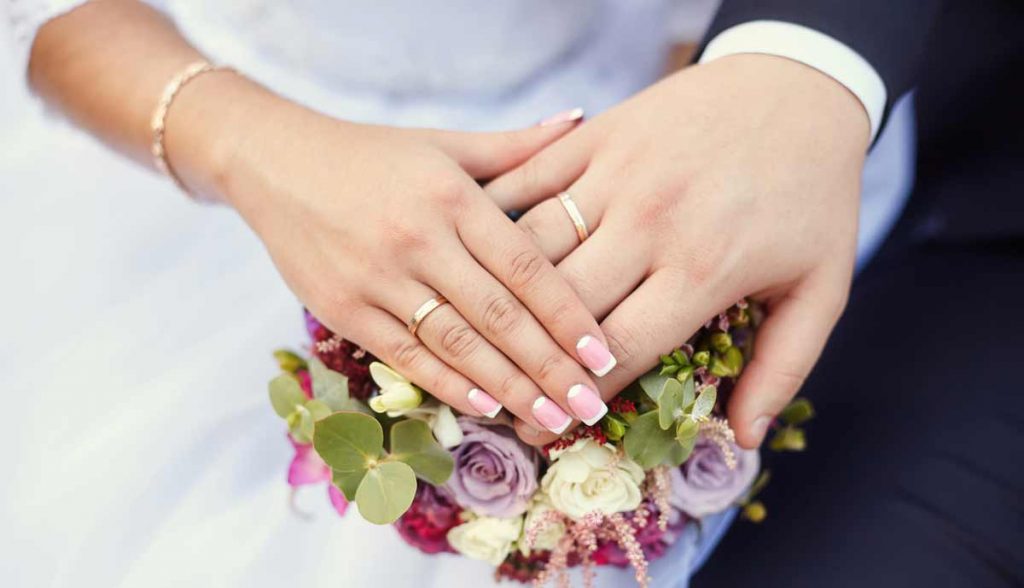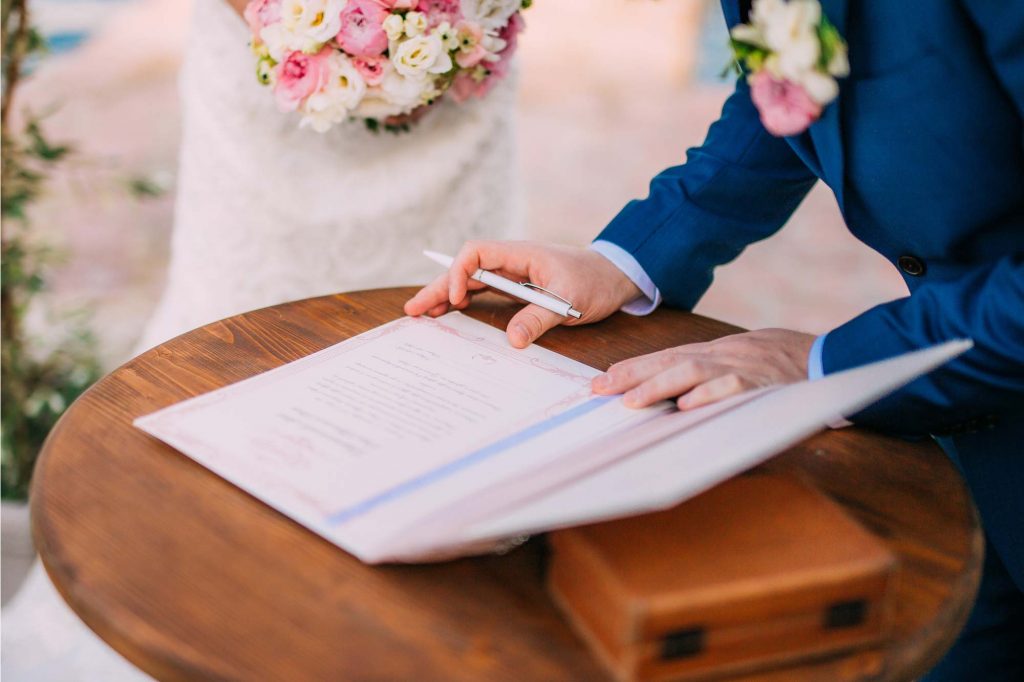Nina was 18 when she went to University, pursuing her dream in Interior Designing. She did not have plans to marry until she graduated, but she met a “friend” the following year from the next faculty.
They decided to marry after graduation and she slowly broke the news to her parents. Her parents initially were lukewarm when she brought her friend to meet them, but made nothing of the issue as if it wasn’t important, all well-knowing that the couple were seeing each other.
Then she broached the subject of marriage, closer towards graduation. They said, “No.” Firstly, it was because of him being from a different culture, although Muslim. She appealed again, seeing as they had already invested time and energy into their *relationship.*
They persisted in negative. Their reasons began to differ though. He wasn’t of fair complexion, he did not have a car, he was three months younger than she was. The list went on. Her negotiations went back and forth, and her parents told her to work first, and in their own desperate hopes that she would find someone else, who preferably, lived in their neighborhood.
Years passed…
The relationship did not end. Nina’s parents were edgy that she was not married, but still refused to speak to her potential in-laws who had called to discuss marriage prospects. Nina was distancing herself. Nina tried to approach the subject again.
Her friends were all getting married now, and she was approaching her later 20-s and well into her career. Her parents still did not like “him.” Her extended family began to talk; sympathizing with her. And then, her younger sister got married; to someone of her choice but who fit the family criteria.
Nina dwindled quickly into depression. Soon, a well-intentioned uncle intervened. He asked her parents why they were holding her back with marriage, well knowing that the couple spent time together often enough and hours on the phone. Finally, her father divulged: “We are waiting for marriage proposals to come in to the family like the way it used to work. But there don’t seem to be any as yet.”
Nina is an anecdotal story. Many may relate to it, with “arranged marriages” becoming something of the past in some cultures. While her parents seemed supportive of her pursuing an education and jump starting a high-paying career, they were insistent in standing by cultural preferences and practice when it came to marriage, regardless of her pre-marital relationship with this young man.
Arranged marriages are often heard of in Islam, but not all aspects of it are considered Islamic. Families approaching other families with marriage proposals, WITH the consent of the potential brides and grooms – and mutual consultation and chaperone – are the proper mode of conduct for Muslims, whereas forced marriages and cultural preferences over Islamic etiquette go against the teachings of the faith.
While it may be for Nina that her parents were hanging on to the cultural preferences of some communities in Indonesia, other Muslim communities across the world approach the culture of marriage a little differently.

Arranged Marriages across Cultures
Saima Khan accepted the marriage proposal of her cousin, through his mother, who was also her maternal aunt.
“It’s normal for Pakistanis to marry within the family, so I accepted it as normal practice. I also knew my aunt very well and we had a really good relationship.” In fact, Saima stayed with her aunt while she was studying for her Bachelor’s degree when she “received” the marriage proposal to her cousin.
He was already working in the United Kingdom, so she accepted and migrated along with the proposal. Soon after that, her in-laws joined her. Many years later, the family is collectively raising three boys and a daughter, all still living in the same home.
Umm ZaynabVanker, a 3rd generation South African Muslim of Indian ancestry, shares her arranged marriage at age 16. “I knew at that young age, what I wanted and what I was looking for in a husband. And he knew what he wanted in a wife.”
A mutual friend expressed her nephew’s interest in getting married during the two short months of study vacation. Her nephew, also a South African, but living in Canada, and studying in Madinah, decided to “meet” with Umm Zaynab, and after a few days, a marriage proposal came in.
“After 5 days of discussions with my parents, thinking and istikhara, I said yes (even though initially I was sure I wasn’t ready to marry yet). Two weeks later we were married and I left home for good.”

The Culture of Marriage
After 24 years of a loving marriage, Umm Zaynab shares that Islam always came first in their many years together. Also, she believes that their marriage did last so long, not through the seeking of respective rights, but as a couple, she and her husband did not have preconceived expectations. “We understood each other’s expectations and respected each other’s opinions even if we disagreed on them.”
Whether it was due to the arranged marriage that helped build their union, she says:“It is more about knowing what is important for us in a marriage and what were we willing to give up or compromise and what we are not.”
“Compatibility is very important, so is communication and joint decisions on matters especially when it affects the family.”
Zahira can relate. Both she and her spouse were products of typical British Indian upbringing, and were introduced by a mutual friend. Not knowing her potential spouse and not feeling very inclined to the relationship was a matter that she could not express when negotiations were on-going. “At that time, it was a case of ‘Allah will put love in your hearts towards each other after you get married.’ So something as trivial as [lack of] ‘feelings’ just wasn’t accepted.”
“So I went ahead and said yes, and told myself it would all be ok and sooner or later I’d feel something towards him.”
Zahira’s marriage took the unfortunate turn for the worse from day-one, where she endured abuse, which spiraled dangerously out of control until she found the courage to leave, 8 years and 2 children later…
First published: February 2014
Read More: